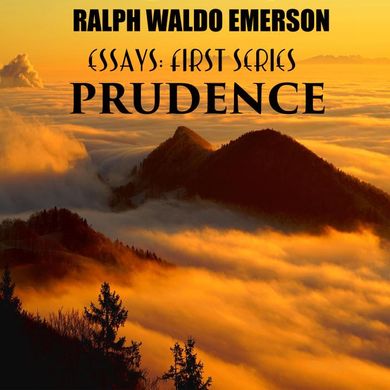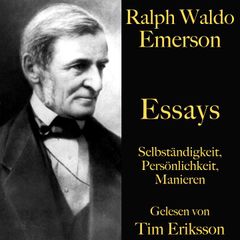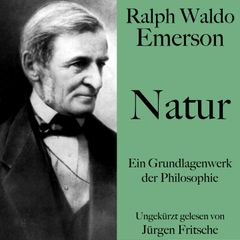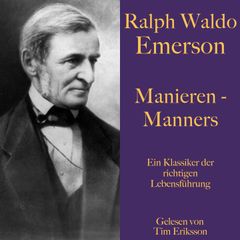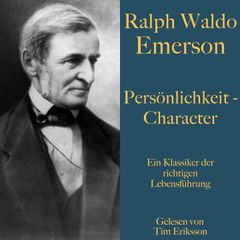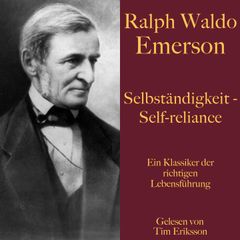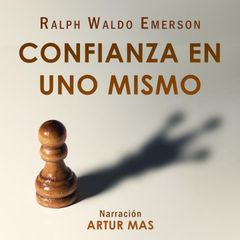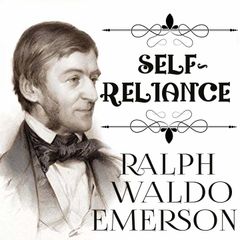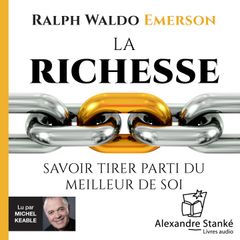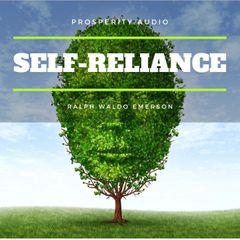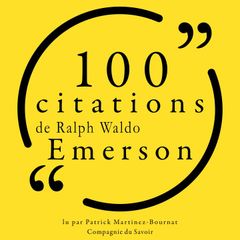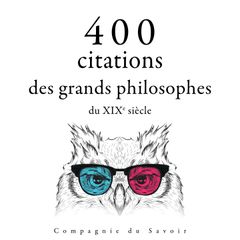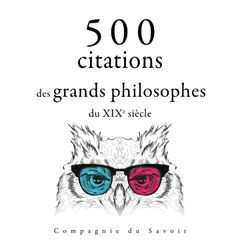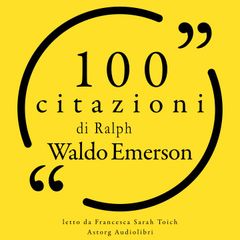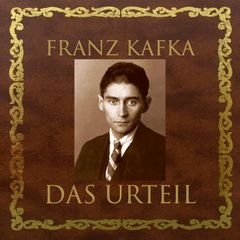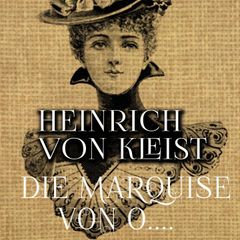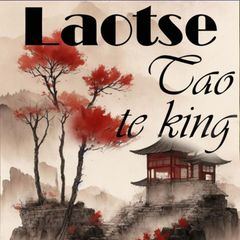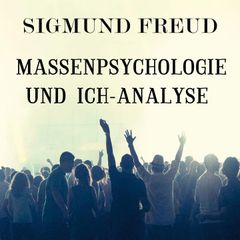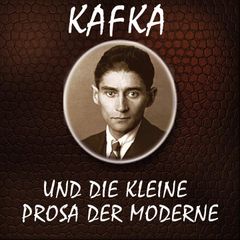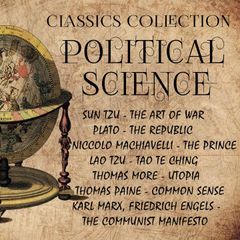- Audiobook
- 2025
- 29 mins
- Strelbytskyy Multimedia Publishing
Search Links
Title
Essays: First Series. Prudence
Description
Prudence is not timidity. It is not caution for its own sake. It is the art of knowing when to act and when to wait, when to follow reason and when to trust instinct. In Prudence, Ralph Waldo Emerson reclaims this often-misunderstood virtue, not as mere carefulness but as the wisdom of navigating life with both vision and restraint.
For Emerson, prudence is not the enemy of boldness but its quiet architect. It does not stifle ambition but shapes it, guiding passion with clarity and purpose. A mind without prudence rushes blindly; a mind ruled by it never moves at all. The balance is where true mastery lies.
Part of Essays: First Series, Prudence is neither a defense of conservatism nor a rejection of daring. It is an exploration of how thought and action, reason and impulse, can coexist in harmony. To read it is to rethink not just how we act, but how we decide when to act at all.
On public lists of these users
This audiobook is not on any list yet.
Product details
Publisher:
Author:
Title:
Essays: First Series. Prudence
read by:
Language:
EN
ISBN Audio:
4069828298910
Publication date:
March 31, 2025
Keywords:
Duration
29 mins
Product type
AUDIO
Explicit:
No
Audio drama:
No
Unabridged:
Yes
About the author:
Ralph Waldo Emerson (May 25, 1803 – April 27, 1882) was a writer, lecturer, and thinker who reshaped American intellectual life. Born in Boston into a family of ministers, he lost his father at eight and was raised by a fiercely determined mother. He attended Harvard at fourteen, briefly taught school, and then followed family tradition into the ministry. But the death of his first wife, Ellen, in 1831 shattered his faith in organized religion. He resigned from the church and set off for Europe, where he met the great minds of his time—Coleridge, Carlyle, and Wordsworth—who deepened his belief in individual thought over inherited dogma.
Back in America, he settled in Concord, Massachusetts, and became the leading voice of transcendentalism. His 1836 essay Nature called for a new way of seeing the world—one that placed intuition above reason and the divine within the self. His lectures and essays, including Self-Reliance and The American Scholar, urged Americans to trust their own voices rather than look to Europe for intellectual authority.
A magnetic speaker, Emerson crisscrossed the country delivering lectures on topics ranging from history to self-improvement. He mentored Henry David Thoreau and influenced countless others, from Walt Whitman to Friedrich Nietzsche. Despite his growing fame, he remained a private man, happiest in his study or walking through the woods of Concord.
In later years, his memory faded, and he quietly withdrew from public life. Yet his words endured, shaping generations of writers, philosophers, and seekers. His call for self-reliance and intellectual independence remains as relevant today as it was in his time.
